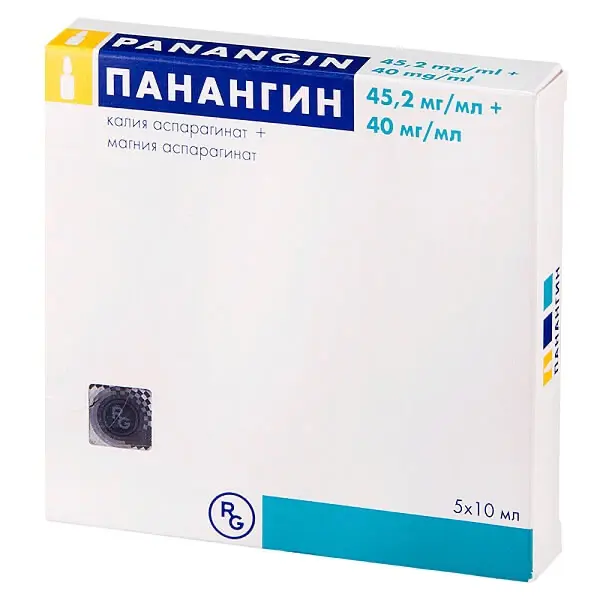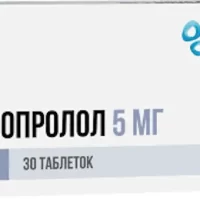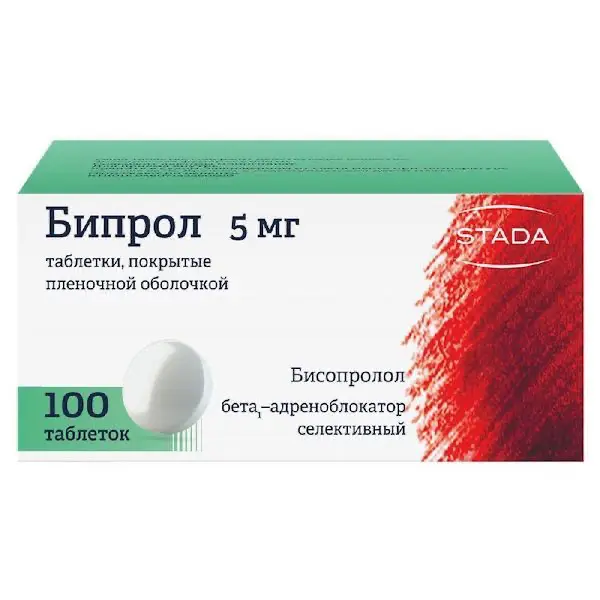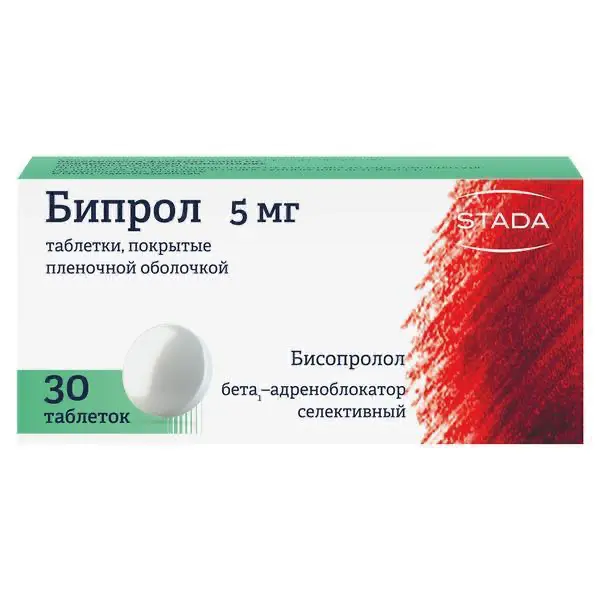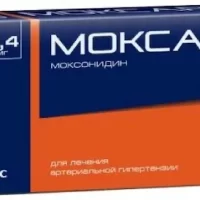Description
Panangin Pharmacodynamics
Panangin is a source of important electrolytes: potassium and magnesium ions. One of the most important functions of potassium ions is to maintain membrane potential of neurons, myocytes and excitable structures of myocardial tissue. An imbalance between intracellular and extracellular potassium results in decreased cardiac contractility, arrhythmias, tachycardia, and increased toxicity of cardiac glycosides.
Magnesium is an important cofactor in more than 300 enzymatic reactions, including energy metabolism and protein and nucleic acid synthesis. In addition, magnesium plays an important role in the heart: it improves contractility and heart rate, leading to a reduction in myocardial oxygen demand. Reducing the contractility of arteriolar smooth myocytes leads to vasodilation, including coronary vessels, and increases coronary blood flow. Magnesium has an anti-ischemic effect on myocardial tissue.
The combination of potassium and magnesium ions in one drug is based on the fact that potassium deficiency in the body is often accompanied by magnesium deficiency and requires simultaneous correction of both ions levels. Further, when the levels of these electrolytes are corrected simultaneously, an additive effect is observed (low levels of potassium and/or magnesium have a proarrhythmogenic effect); besides, potassium and magnesium reduce the toxicity of cardiac glycosides without affecting the positive inotropic effect of the latter.
Indications
For elimination of potassium and magnesium deficiency as an adjunctive agent in various manifestations of coronary heart disease, including acute myocardial infarction, chronic heart failure, cardiac arrhythmias (including arrhythmias caused by overdose of cardiac glycosides).
Contraindications
Hypersensitivity to the drug; acute and chronic renal insufficiency; Addison’s disease; II, III degree atrioventricular block; cardiogenic shock (blood pressure < 90 mm Hg); hyperkalemia; hypermagnesemia; insufficiency of adrenal cortex; severe myasthenia; dehydration; pregnancy; breast-feeding; age below 18 years (effectiveness and safety have not been established).
Caution:
Grade I atrioventricular blockade, marked hepatic dysfunction; metabolic acidosis; danger of edema; renal dysfunction if regular monitoring of serum magnesium is impossible (danger of cumulation, toxic magnesium content); cardiogenic shock (systolic blood pressure less than 90 mm. Hg); hypophosphatemia; urolithiasis associated with impaired metabolism of calcium, magnesium and ammonium phosphate.
Administration during pregnancy and breast-feeding:
There are no data on the harmful effects of the drug during pregnancy.
Directions for use and dosages.
- Only for intravenous administration.
- The contents of 1-2 ampoules should be dissolved in 50-100 ml of 5% dextrose (glucose) solution and introduced intravenously as slow drip infusion (20 drops per minute).
- If necessary, the dose can be repeated after 4-6 hours.
- The drug is suitable for combination therapy.

